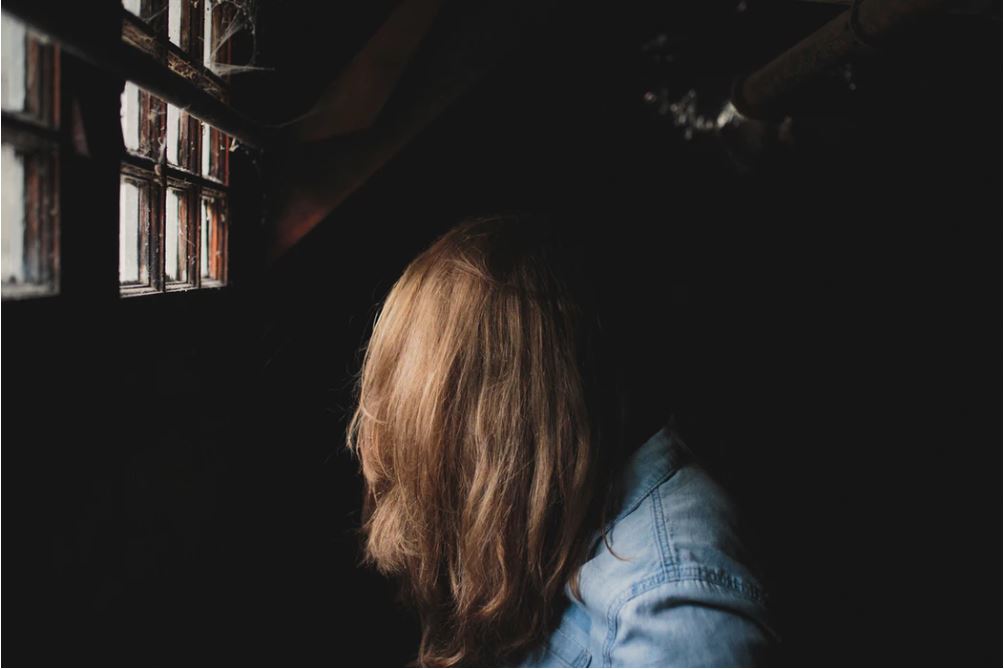Spotting child sexual abuse isn’t always easy or obvious. Perpetrators often take steps to hide their actions, and sometimes, the child is threatened into keeping quiet about the abuse.
It’s important to know the signs of child sexual abuse to stop it when it occurs. Educating yourself on the emotional and physical symptoms of child abuse can help save a defenceless child when they need you most.
Physical symptoms of child sexual abuse include anal or vaginal soreness, cuts and bruises (especially around the mouth and/or genitals), sexually transmitted diseases and, in some cases, pregnancy.
Oftentimes, children are better at showing us their emotions than voicing them. The signs of child sexual abuse are often emotional or behavioural – indicators of child sexual abuse include:
- Sexualised behaviour or knowledge inappropriate to the child’s age
- Social withdrawal, anxiety and/or depression
- Regression to earlier stages of development (such as bedwetting and thumb sucking)
- Nightmares and sleeping problems
- Sudden personality changes, mood swings
- Fear of specific people and places
- Change in eating habits
- Reenacting sexual acts with toys
- Aggression and bursts of anger
- Running away
- Self-harming.
Remember – you do not need to prove child sexual abuse is occurring to report it. A reasonable suspicion is all that is needed to report child abuse. Learn how to quickly and effectively report child sexual abuse in your local community.
Symptoms in adults abused as children
Adults who were abused as children can still experience the signs and symptoms of child sexual abuse later in life.
According to Adults Surviving Child Abuse, adults can have several (sometimes overlapping) mental illnesses related to their childhood trauma, including but not limited to panic attacks, post-traumatic stress disorder, schizophrenia, and personality disorders.
These mental illnesses can also be the catalyst for further drug and alcohol problems in adulthood.
Alongside the emotional trauma and side effects of child abuse, victims of child sexual abuse are also more susceptible to medical problems. According to a recent study into the physical effects of child sexual abuse, adult survivors have more medical problems than adults who were not abused in childhood.
Common medical problems for adult survivors include:
- Diabetes
- Arthritis
- Headaches
- Stroke
- Hepatitis
- Heart disease
- Liver disease
- High blood pressure
- Neurological problems
- Musculoskeletal problems
- Respiratory problems
- Cardiovascular problems
- Gastrointestinal problems
- Gynaecological problems
Many of these conditions are influenced or triggered by stress, post-traumatic stress, drug and alcohol abuse, and high-risk behaviour, all side effects of child sexual abuse, which cause a weak immune system.
If you know someone showing signs of sexual abuse symptoms, there are ways to report this to the authority. You can contact the community protection services in your area, or alternatively, you can talk to a trained professional via the contact details below.
- Kids Helpline – 1800 55 1800
- Lifeline – 13 11 14
If you believe a child is in immediate danger, please call the Police on 000.
Image: Unsplash



